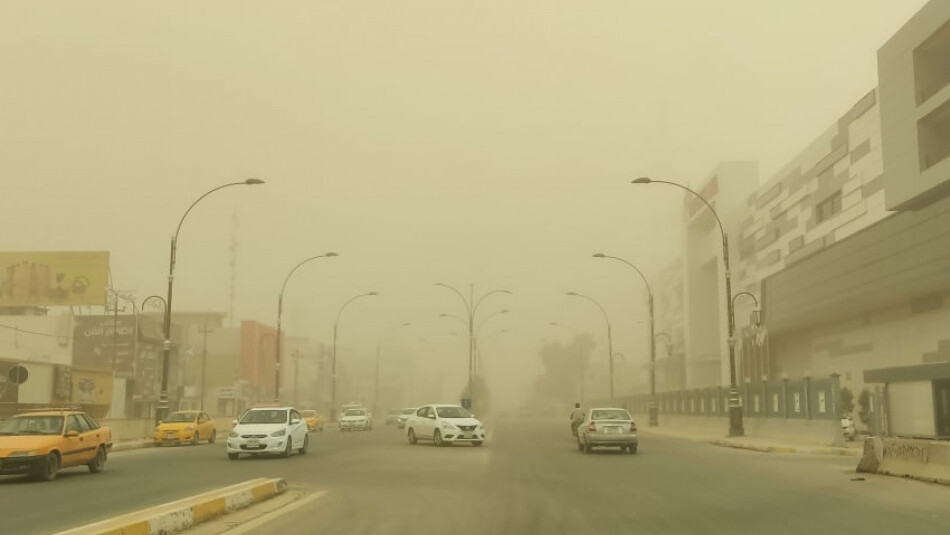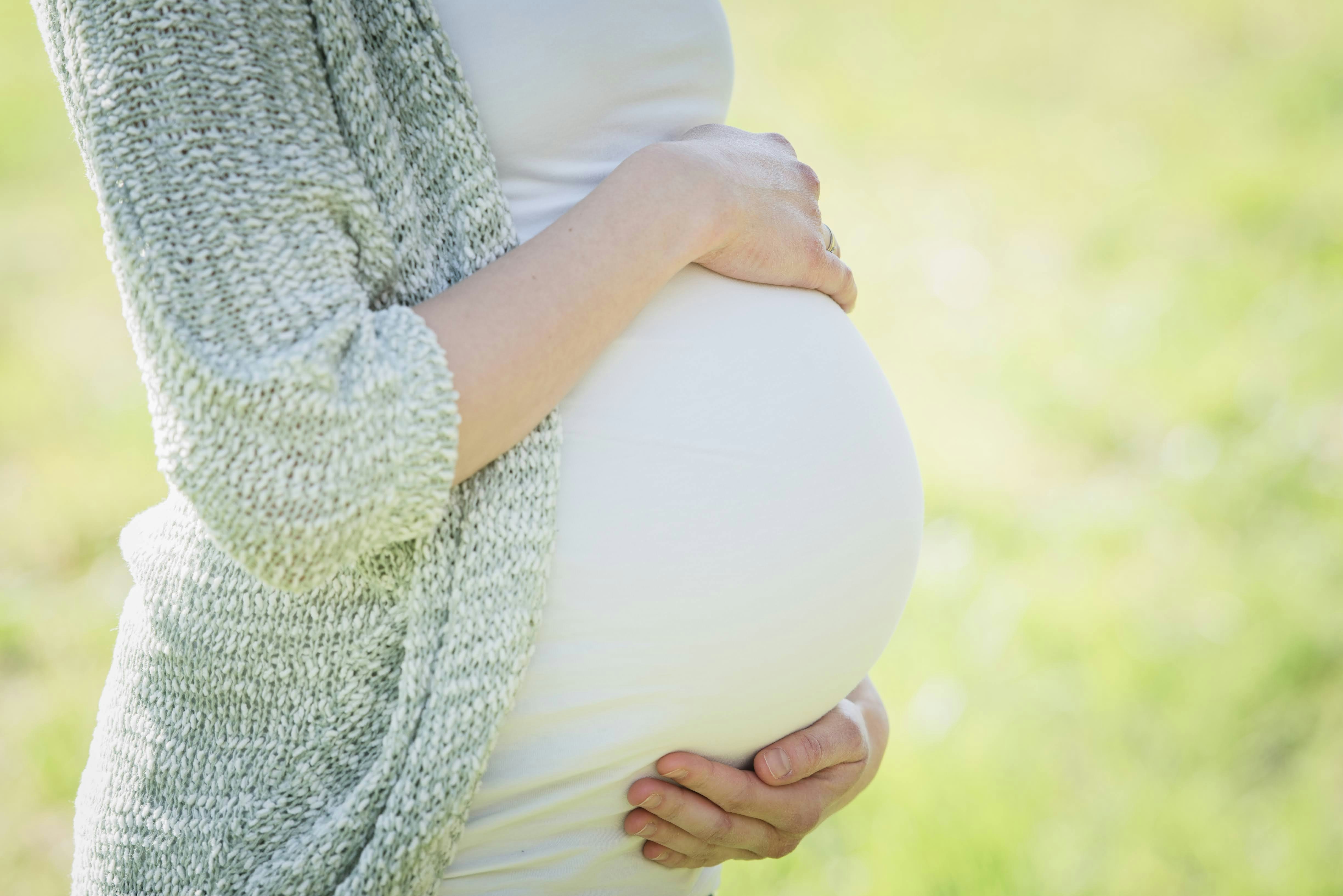
Psychologists and physicians advise women to pay attention to their psychological well-being during pregnancy to prevent depression and anxiety, which could negatively impact both themselves and their babies.
They believe that the consequences of climate change will further burden pregnant women mentally.
Ninety percent of people breathe polluted air, including Iraq, which is one of the "most polluted" countries in the world, according to IQAir, a Swiss air quality technology company. The World Health Organization WHO warns that indoor and outdoor air pollution poses a threat to adults' lives and the climate, causing premature deaths of seven million people worldwide annually.
Doctors suggest that environmental factors and climate change, such as dust, low rainfall, and rising temperatures, contribute to mental health issues. Pregnant women report that dust and rising temperatures have taken a toll on their mental well-being.
Shaima Ahmad, a woman in Sulaimaniyah in her ninth month of pregnancy, expresses feelings of anxiety and depression.
"I don't know why, but when there is sandstorm or the temperature rises, I feel even worse. I was disappointed by the lack of rain this year," she shares.
When she was seven months pregnant, her doctor advised her to seek continuous treatment for herself and her baby. She describes experiencing various mental symptoms, such as quick anger, a preference for solitude, and reluctance to engage in conversation.
Shilan Ali, another pregnant woman in the Kalar district, who is eight months pregnant, faces similar challenges as Shaima.

Dust, rising temperatures, and low rainfall are among the consequences of climate change. According to the United Nations, Iraq ranks fifth among countries affected by climate change.
Since the opening of the Soz Psychiatric Hospital in Sulaimaniyah in 2009, 600 women and girls have received psychiatric treatment. However, the statistics do not specify how many of them were pregnant.
"Women's mental health issues have increased compared to a few years ago, with higher rates of anxiety, depression, and sleep problems," says Hemin Hama Karim, a psychiatrist at Soz Psychiatric Hospital.
He emphasizes the negative impact of climate change, attributing rain, heat, air pollution, lack of sleep, and food to hormonal imbalances.
Dr. Hemin underscores that pregnant women are more vulnerable to these changes. "Dust and polluted air have a greater impact on women's mental health, leading to feelings of sadness, anxiety, breathlessness, and loneliness, especially during pregnancy," he explains.
He recommends that pregnant women seek psychiatric treatment and social support through interactions with relatives and friends, lifestyle adjustments, dietary changes, and psychological counseling.
According to statistics from the Psychological Training and Treatment Center in the Garmian administration of Sulaimaniyah province, 1,030 individuals visited a psychiatrist through the center last year, with 774 being female.
Garmian experiences hotter temperatures compared to other parts of the Iraqi Kurdistan Region and is more affected by climate change, particularly in terms of reduced rainfall, increased dust, and high temperatures reaching 51 degrees Celsius last year.

Kwestan Ibrahim, an eight-month pregnant woman with five children living in a Garmian village, shares, "This pregnancy has been the most challenging. The heat has been overwhelming."
Nashmil Rasul, a mental health specialist, highlights the impact of climate change on mental health, especially dust and drought. She warns, "The effects of heat on pregnant women can result in miscarriage, stillbirth, premature birth, and low birth weight."
She explains that when a pregnant woman contemplates giving birth in extreme weather conditions, a dusty environment, water scarcity, and food shortages, she may experience anxiety, depression, and overall poor mental health. Women directly affected by climate change are particularly vulnerable.
In such situations, when a pregnant woman struggles with mental states like depression, anxiety, and fear, and cannot manage on her own, seeking psychiatric help and treatment is crucial for her well-being and that of her baby.
Optimistically, doctors observe that citizens are becoming more receptive to psychiatric care than in the past.
The director of the Psychological Training and Treatment Center in Garmian emphasizes the importance of seeking help from doctors and psychologists to address the increasing mental health issues, ensuring the well-being of families and the protection of children within the home.